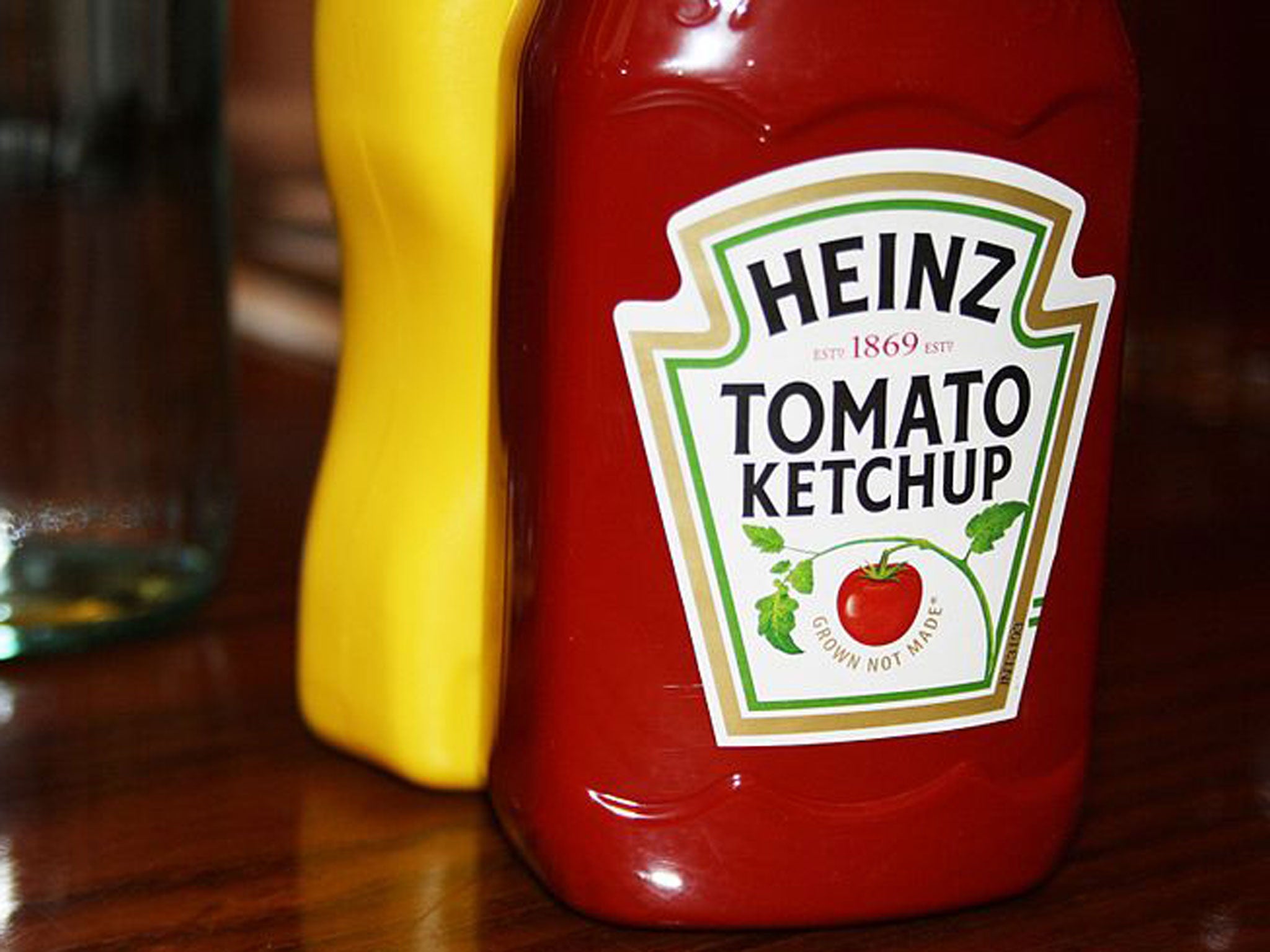Unilever rejects Kraft Heinz takeover and says it has ‘no merit’
UK listed shares of Unilever surged on the news and ended the day more than 13 per cent higher

Unilever on Friday rejected a $143bn (£115bn) takeover offer from US food giant Kraft Heinz, saying that it sees absolutely no “financial or strategic” merit in a tie-up.
Kraft said in a statement earlier in the day that it had “made a comprehensive proposal to Unilever about combining the two groups to create a leading consumer goods company with a mission of long-term growth and sustainable living”.
Unilever, however, said that the $50 per share proposal represents an 18 per cent premium to Unilever’s share price at the market close on Thursday and therefore “fundamentally undervalues” the group.
It added that “it sees no merit, either financial or strategic, for Unilever’s shareholders”.
“Unilever does not see the basis for any further discussions,” the company added.
But shareholders in the Anglo-Dutch consumer group seemed encouraged by talk of a deal.
UK listed shares in Unilever surged and ended Friday more than 13 per cent higher on the day.
Kraft, which is controlled by private equity firm 3G Capital and veteran financier Warren Buffett, is best known for brands like Philadelphia spread, Capri Sun soft drinks, HP Sauce and Heinz ketchup.
Unilever’s brands include Domestos, Dove and Persil.
Kraft currently has a market cap of around $106bn, compared to Unilever’s €117bn (£100bn) before Friday’s announcement, meaning that a deal would be the third-biggest takeover in history and the biggest ever acquisition of a UK-based company, Thomson Reuters data shows.
“The combined entity would have a huge brand footprint and be able to flex bargain muscles even more with supermarkets,” Neil Wilson, a market analyst at ETX Capital in London, said.
He also said, however, that any deal would likely face massive scrutiny from regulators and competition authorities “as it would create a giant in the sector”.
Global corporate merger and acquisition activity has flourished in recent quarters and last month marked the busiest January for deals in Europe, the Middle East and Africa in over a decade, according to data from Thomson Reuters.
Deals completed last month in the region had a total value of $90.8bn, according to the company, which was the highest volume for any January since 2006.
Johnson & Johnson’s takeover of Swiss biotech company Actelion and the merger of Italian eyewear group Luxottica and France’s Essilor particularly boosted volumes.
Cross-border deals also rose to their highest January level since 2006 this year, hitting $106.8bn, up 31 per cent on January 2016.
Globally, M&A activity hit $258.2bn in January, a 38 per cent surge on the same month last year and the highest level for the month since 2011, according to Thomson Reuters.
The world’s most valuable brands
Show all 10News of the rejected deal between Kraft and Unilever comes at a challenging time for both companies.
Kraft, which is the world’s fifth-largest food and beverage company, has in recent years been forced to adjust its product range to adjust to consumers’ changing preferences and a trend towards fresher, non-packaged items.
On Thursday, the company announced that sales had fallen 3.8 per cent to $6.86bn in the quarter to the end of December, hit by a stronger dollar and lower demand.
“Consumer choices are changing, we are moving away from processed foods and towards fresh. Millennials will soon surpass the baby boomer generation as the largest living generation and millennials are not keen on processed food,” said Mark Jones, a solicitor and food and drink industry expert at legal firm Gordons.
“The packaged food businesses have seen their sales growth slow in the last few years and because of this they are looking at ways to preserve margins. One way to do this is merge and take the benefit of economies of scale,” he said, adding that based on this, a tie-up between Unilever and Kraft would make a lot of sense.
Last month Unilever reported lower-than-expected fourth-quarter sales as a result of the Indian government’s withdrawal of high-value notes and a weak economy in Brazil.
Unilever has significant exposure to emerging markets and is in the process of revamping its structure to streamline costs.
Subscribe to Independent Premium to bookmark this article
Want to bookmark your favourite articles and stories to read or reference later? Start your Independent Premium subscription today.

Join our commenting forum
Join thought-provoking conversations, follow other Independent readers and see their replies